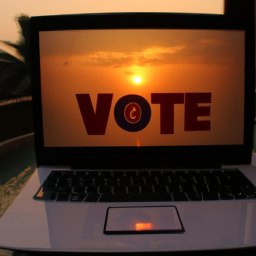397
Newsletter
Subscribe to our newsletter for exclusive content, latest news and trends, and exciting new features.
Tranding
Categories
Home and gardenMusic and EntertainmentArts and cultureBusiness and entrepreneurshipLifestyleBeauty and personal careTravel and tourism
Gaming and esportsEducation and learningFood and cookingEnvironment and sustainabilitySports and fitnessTechnologyScience and natureHealth and wellnessEntertainmentLiterature and writingPets and animals


















Comments
Leave a Comment